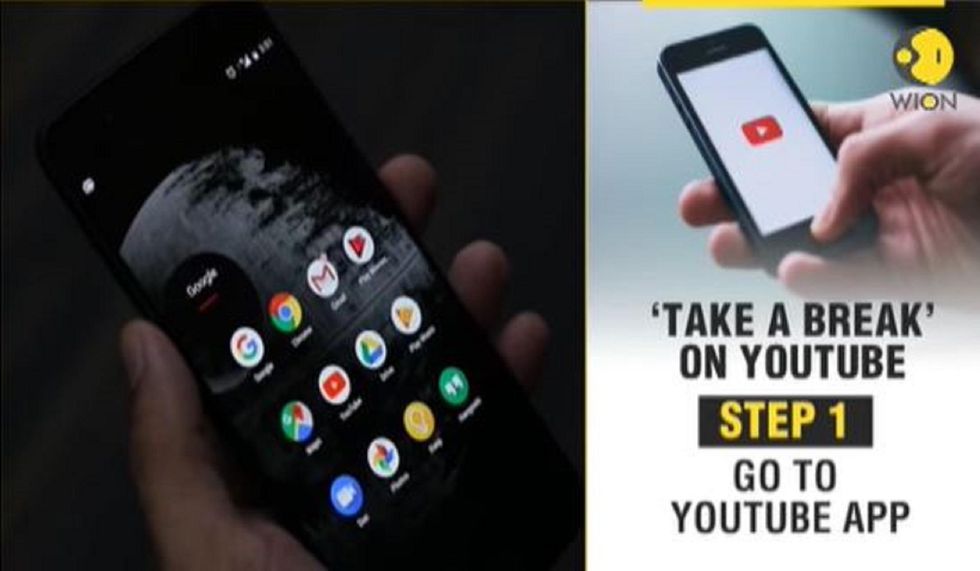
Google unveils new "Digital Wellbeing" tools to help users control their YouTube habits. (Image source: YouTube screencshot)

Google has rolled out new "digital wellbeing" tools on YouTube in order to help users manage the amount of time they spend on the site.
In a blog post Monday, the tech giant announced the availability of account profiles "so you can make informed decisions about how you want YouTube to best fit into your life."
The new tool keeps track of "how long you've watched YouTube videos today, yesterday and over the past 7 days." Google also provides tips suggesting setting time limits for usage and recommends adjusting settings to minimize notifications buzzing in overnight hours.
To further assist users in developing more self-control, Google now allows YouTube surfers to disable autoplay videos and set up reminders to take a break when users reach their limit of personal watch time.
Google said in its statement, "It's easy to lose track of time when you're having fun."
Amid concerns over the addictiveness of social media and other digital platforms, Google has now implemented similar control mechanisms in several of its products, including Android, Gmail, and Google Photos, TechCrunch reported.
EMarketer reports that the average smartphone user over the age of 18 spends more than four hours per day utilizing apps and cruising the web from their cellular devices.
According to MediaKit, YouTube is the most-used social media platform averaging 40 minutes per day per user, followed by Facebook (35 minutes), Snapchat (25 minutes), Instagram (15 minutes) and Twitter (1 minute).
Experts warn that too much screen time can result in insomnia, elevated stress, weight gain, and other ailments, but are hesitant to set a standard limit on adults regarding electronics usage — primarily because so many hours are involuntarily spent staring at a computer screen in the workplace.
While numerous studies point to the dangers of children being exposed to too much screen time, Dr. Victoria Dunckley said in Psychology Today that even moderate use of interactive screen-time can "affect adult's frontal lobe[s]…" causing "poor impulse control," and affecting "an adult's body clock, melatonin levels, and physical health."
Google isn't the first company to offer tracking tools for adults. Apple unveiled a Screen Time feature for iPhones in June, to assist users in monitoring their own habits. The firm also bolstered its Do Not Disturb feature to provide greater controls.